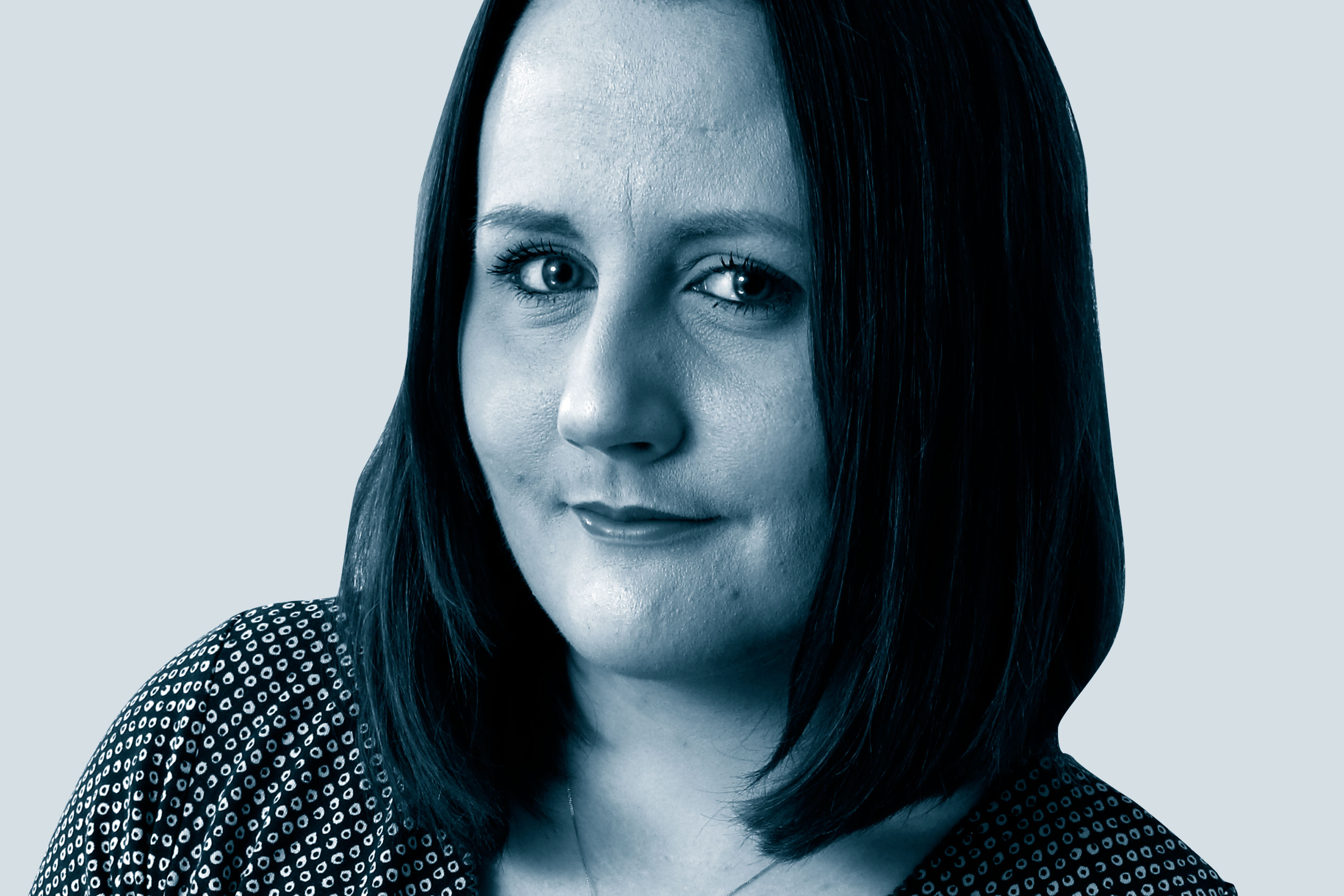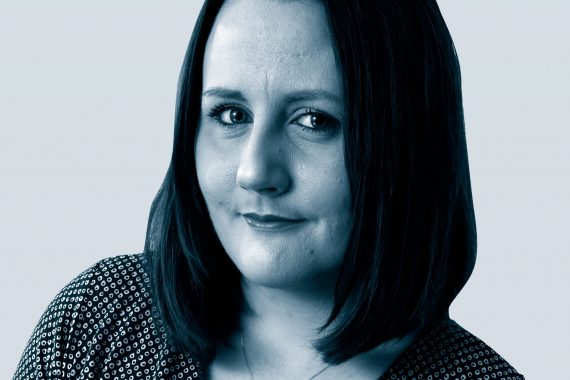
Almost as soon as that second, faint line appears on a pregnancy test, a whole host of companies and services spring up to try to persuade expectant parents to part with their money.
First-time parents are especially easy to sell to: they are both excited and terrified about the many ways in which their life is about to change. Many midwives distribute commercially-sponsored material at the first antenatal appointment. When I attended my own, in June, I was presented with a Bounty pack – ‘do claim your free samples!’ urged my midwife – and a copy of Emma’s Diary.
Emma’s Diary is a glossy book which contains medical advice, alongside a week-by-week diary of the pregnancy of the fictional and contemptible Emma. It is endorsed by the RCGP, and the RCGP name and logo feature prominently at various points in the diary. It has existed for almost 25 years, and used to be highly acclaimed.
Indeed, as a medical student in the mid-2000s, I heard doctors refer to it as a trusted resource, and I saw GPs encouraging their pregnant patients to read it. Although I was given my copy by a midwife, many GP surgeries have copies of the book and distribute it to their pregnant patients.
As a doctor, I particularly struggled with the black-and-white approach Emma’s Diary takes to risk
Sadly, it seems that over the years it has degenerated into little more than a glorified advertising directory with patronising nonsense about pregnancy thrown in to legitimise its distribution by healthcare professionals.
The diary section normalises unhealthy attitudes towards weight gain and body image. Emma is worried about ‘getting really fat’. She treats readers to a blow-by-blow account of how her mammaries are expanding and what impact that has on her husband’s libido. Indeed, the official advice preceding the fictionalised diary even states that ‘a happy pregnancy perk is an increase in breast size’.
On top of this, the diary is enough to set the cause of women’s liberation back 100 years. We are treated to regular updates about how forgetful and useless Emma is, and how she wishes she’d started her maternity leave as early as legally possible because she is so incompetent her boss is getting frustrated.
As a doctor, I particularly struggled with the black-and-white approach Emma’s Diary takes to risk. I believe that women should be presented with as much information as possible, and then left to make an informed decision of their own. Emma’s Diary, however, frames decisions about eating Stilton or drinking wine in terms of ‘putting either your baby or yourself in danger’.
Goody-two-shoes Emma has been abstaining from alcohol ever since she started trying for a baby five months ago. The medical information preceding the fictional diary states that ‘only by avoiding alcohol completely can you avoid the risk of damage occurring in your baby’s brain’.
On the contrary, although regular, heavy alcohol consumption throughout pregnancy is incontrovertibly a risk, my interpretation of the research I have seen is that occasional light drinking in pregnancy has not been demonstrated to cause significant harm.
Although I have never been a heavy drinker, I am occasionally allowing myself one small glass of wine a week if I fancy it. Early in my pregnancy, I read ‘Expecting Better’ by the economist Emily Oster, which examines the evidence underpinning medical advice in pregnancy, and as a GP I would urge other expectant mothers to read it and make their own informed choices.
When I tweeted about my concerns about Emma’s Diary, I was overwhelmed by the response. (One male GP helpfully replied to my thread suggesting that I should use a bath, candles, and hypnobirthing as analgesia in labour, rather than an epidural; an anaesthetist quickly responded by pointing out that the Cochrane review of hypnosis in labour does not show any reduction in epidural rates or improvement in satisfaction scores.)
Many people – male and female, medical professionals and laypeople – shared my concern that Emma’s Diary is patronising and reinforces unhelpful stereotypes about pregnancy and parental gender roles. If you agree that RCGP should no longer endorse Emma’s Diary, please sign my petition to add weight to the many voices now calling for RCGP Trustees to rethink the College’s position on Emma’s Diary.
Dr Heather Ryan is a GP partner in Derbyshire, recruitment fellow for RCGP Midland Faculty, and an elected member of RCGP Midland Faculty Board. She writes in a personal capacity
Pulse July survey
Take our July 2025 survey to potentially win £1.000 worth of tokens












